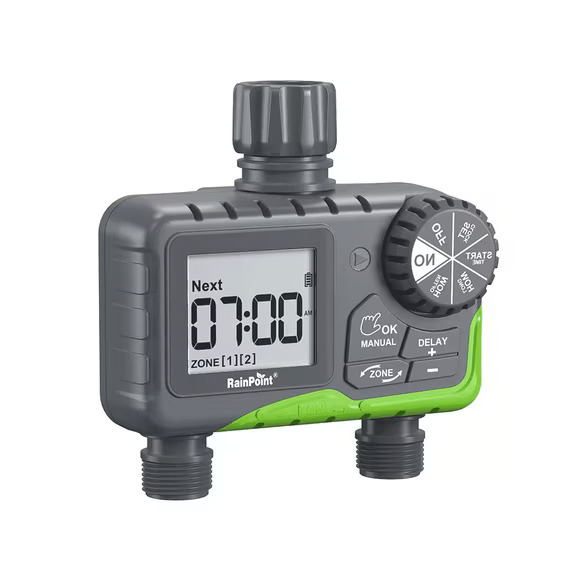The term rain point refers to the specific level of moisture or humidity in the atmosphere where rain begins to form. Understanding the rain point is essential in agriculture, irrigation, and weather forecasting. It plays a critical role in water management and crop planning, especially in regions dependent on natural rainfall.
Uses of Rain Point
- Agriculture: Farmers monitor the rain point to determine the best time for planting or harvesting.
- Weather Forecasting: Meteorologists use the rain point to predict upcoming rainfall.
- Irrigation Systems: Smart irrigation controllers adjust watering schedules based on the local rain point.
Advantages of Knowing Rain Point
- Efficient Water Use: Saves water by reducing unnecessary irrigation.
- Improved Crop Yield: Helps in better planning of agricultural activities.
- Accurate Weather Data: Enhances precision in climate predictions.
Disadvantages of Rain Point
- Complex Measurements: Calculating the rain point requires technical tools.
- Regional Variations: The rain point varies by location, making it less consistent.
- Misinterpretation Risks: Incorrect data may lead to poor decisions in agriculture or weather planning.
In summary, the rain point is a valuable tool in environmental monitoring and agriculture but comes with a few limitations that require attention.
Best for Two Hoses
RainPoint 2-Zone ITV205 Digital Sprinkler Timer
$29.99 from RainPoint Store
$29.99 from Amazon
$29.99 from Walmart
$29.99 from The Home Depot
$29.99 from Lowe’s
What We Like:
Dual zone control works well
Easy interface with big screen
Materials feel durable
What We Don’t Like:
Tough to install without extender
Initial difficulty with settings
We tested this hose timer on a one-acre property in New York, with plenty of lawn, garden, and plants to water, and loved how it let us set different watering schedules for each area. The dual zone controls worked flawlessly, delivering water where and when we wanted, and the hose timer feels very well-made and durable.
This hose timer is easy to install and set up, but we did need to consult the instruction manual because the controls aren’t completely intuitive. After we understood how the dial and buttons work, we were able to set watering schedules for the lawn on one side and our hydrangeas on the other.
In addition to separate zone schedules, this timer also supports three manual watering modes (zone one, zone two, or both at the same time), with a timer so you don’t need to turn the water off manually. It has a rain delay for 24, 48, or 72 hours, although we found our best rain delay pick easier to set.
The only issue with this hose timer is RainPoint recommends installing it perpendicular to the ground to avoid rainwater intrusion, but that isn’t possible with a lot of hose bibs that are slightly angled. We didn’t have any issues with rain intrusion while testing, but you may need a hose extender if your hose bib doesn’t point directly at the ground.
Dimensions: 2.9 x 5.4 x 5.4 inches | Zones: 2 | Programmability: Start time, frequency, run time, zone | Rain Delay: Yes | Smart Features: No | Power Source: Battery | Watering Range: 1 to 239 minutes


